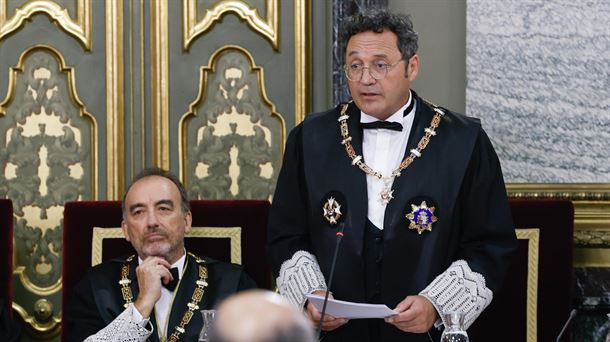Free public transport for young people and the unemployed will be approved and VAT cuts on food will be extended until June. It will be the eighth package of measures to continue responding to the consequences of the war in Ukraine and the rise in prices.
The Council of Ministers will approve this Wednesday the partial extension of the “social shield” to combat the consequences of inflation, the energy crisis and the war in Ukraine, and will maintain the measures regarding the workplace, the inability to provide basic services to suspend, the extension of the discounts corresponding to the electric social bonus or the suspension of evictions, according to Sumar sources.
The new package that will be approved next Wednesday in the last Council of Ministers of this year will be the eighth promoted by the executive to continue to respond to the impact of the war in Ukraine and price increases, a mobilization of resources that , until now amounts to approximately 47 billion euros.
In the labor field and in consultation with Sumar, this new anti-crisis decree will extend the measures related to the benefit of government support, which expired on December 31. This is how companies received them direct support or via ERTE and those who are made redundant due to causes such as higher energy costs will be obliged to repay the aid received.
So is the suspension of evictions and the launch of mainstream housing for vulnerable people and families, cuts to essential services will remain prohibited and the increase in electric social bonus discounts will also be extended.
In particular the social bonus It was extended to those regular consumers whose joint annual income from the cohabitation unit was equal to or less than twice the IPREM of 14 payments (16,800 euros) and greater than 1.5 times the IPREM of 14 payments (12,600 euros). Currently, the discount varies between 65% and 80%, depending on the vulnerability situation of the families.

This next package of measures will also include the suppression of the VAT from 4% that applies to all basic foodstuffs, including bread, flour, milk, cheese or eggs, and the reduction from 10% to 5% for oil and pasta, according to the president of the government, Pedro Sánchez.
Among the basic foodstuffs for which the 4% VAT is abolished, ordinary bread stands out, as well as frozen ordinary bread dough and frozen ordinary bread intended exclusively for the production of ordinary bread; flour for bread making; the following types of milk, produced by any animal species: natural, certified, pasteurized, concentrated, skimmed, sterilized, UHT, evaporated and powdered; the cheeses; eggs and fruits, vegetables, legumes, tubers and grains, which have the status of natural products in accordance with the Food Code.
The unknowns
On the other hand, one of the great uncertainties is the decision that the Spanish executive will make on the price reduction of tickets for multiple trips and tickets public transport – free buses and trains for regular users -. The government will therefore have to decide whether to continue to offer the other government services a 30% discount on public transport, as long as they commit to increasing this discount to 50%.
The only thing Sánchez has brought up on this issue is public transport will be free for minors, young people and the unemployed, a measure that will be included in this next package.
It is also not yet clear whether the reduction of the VAT rate to 5% will continue electricity and gas, wood and pellets is extended until December 31.
One of the measures that has had the greatest impact in recent months to tackle the rise in prices, especially energy, is the ‘Iberian’ mechanismwhich allowed Spain and Portugal to decouple the development of the electricity price from the price of natural gas.
However, the Government’s Third Vice President and Minister for the Ecological Transition and the Demographic Challenge, Teresa Ribera, has already announced that it will decrease on December 31, after pointing out that the European Commission considers that it is “not possible to put it into practice.”
Source: EITB
I am Ida Scott, a journalist and content author with a passion for uncovering the truth. I have been writing professionally for Today Times Live since 2020 and specialize in political news. My career began when I was just 17; I had already developed a knack for research and an eye for detail which made me stand out from my peers.



